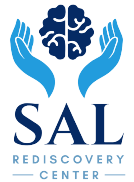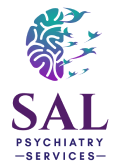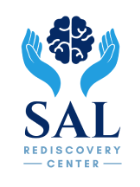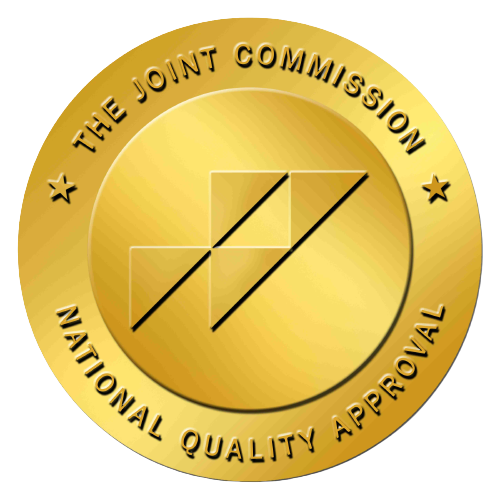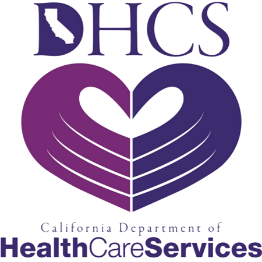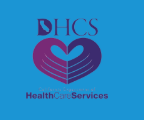WHEN ALCOHOL PLAYS A SIGNIFICANT ROLE IN A COMMUNITY’S CULTURE, IT’S DIFFICULT TO KNOW IF YOUR DRINKING IS PROBLEMATIC. TAKE A MOMENT TO LEARN SOME OF THE TOP WARNING SIGNS OF ALCOHOL ADDICTION AND HOW TO RECLAIM CONTROL OF YOUR LIFE.
If you’re concerned about alcohol addiction, you’re not alone. Research tells us at least half of all American adults have a family history that includes problematic drinking, and about one-quarter of US adults report binge drinking every month.
Double board-certified physician Salisu Aikoye, MD, and our compassionate team provide expert alcohol abuse services to people in the Greater Los Angeles area at Sal Rediscovery Center in Norwalk, California.
Our team offers comprehensive medical care and individualized detox plans to support your treatment that may include medication-assisted treatment (MAT), which combines detox medications with ongoing therapy.
With drinking playing such a prevalent role in our culture, it’s difficult to know when your drinking is problematic. Dr. Aikoye believes in the power of patient education, so we’ve put together this guide outlining some of the top warning signs of alcohol addiction.
Keep reading to learn these common signs of addiction so you can get the help you need.
1. You binge or drink excessively
When you have an alcohol addiction, it’s not uncommon to require more alcohol to achieve the same buzz or drunk feeling. That leads to excessive drinking, which means more than one drink per day for women or two drinks per day for men.
People struggling with alcohol may also binge drink, which means consuming five alcoholic beverages in a sitting. In fact, research shows that people struggling with alcohol addiction sometimes consume a dozen or more drinks daily.
If you recognize you’re drinking excessively or engaging in binge drinking, schedule an appointment with Dr. Aikoye and our compassionate team for help.
2. When you don’t drink, it hurts
One telltale sign of alcohol addiction happens when you don’t drink. People struggling with alcoholism experience physical symptoms when they try to stop imbibing, which can trigger significant head pain along with other unpleasant withdrawal symptoms, including:
- Nausea and vomiting
- Irritability
- Rapid heartbeat
- High blood pressure
- Fatigue and insomnia
- Mental health distress (e.g., anxiety, depression)
As alcoholism advances, not drinking can cause significant withdrawal symptoms like shaking, confusion, convulsions, and hallucinations.
3. Drinking causes you “to forget”
If you’ve noticed you often forget events or chunks of time when you drink, it’s a sign of a drinking problem. Blackout drinking and memory loss are not only a sign of alcohol abuse, but they are also dangerous to your health and the safety of others.
When you drink so much you aren’t aware of your surroundings and the passing of time, you’re at higher risk of becoming the victim of a violent crime, personal injury, or driving while drunk and endangering others.
4. You don’t feel in control of your drinking
Many people struggling with alcohol abuse find themselves promising they have their drinking under control. However, again and again, they find themselves drinking after they’ve promised to cut back or stop.
If you feel like you aren’t in control of your drinking, it’s time to schedule an appointment with Dr. Aikoye at the Sal Rediscovery Center for personalized help reclaiming control of your life.
5. Alcohol is taking over your life
Alcoholism has a way of taking over. Even when you want to put the people you love and the things important to you first, alcohol has a way of putting itself at the top of your to-do list. It can also lead you to change social circles or lose friends and loved ones who aren’t on board with your drinking.
